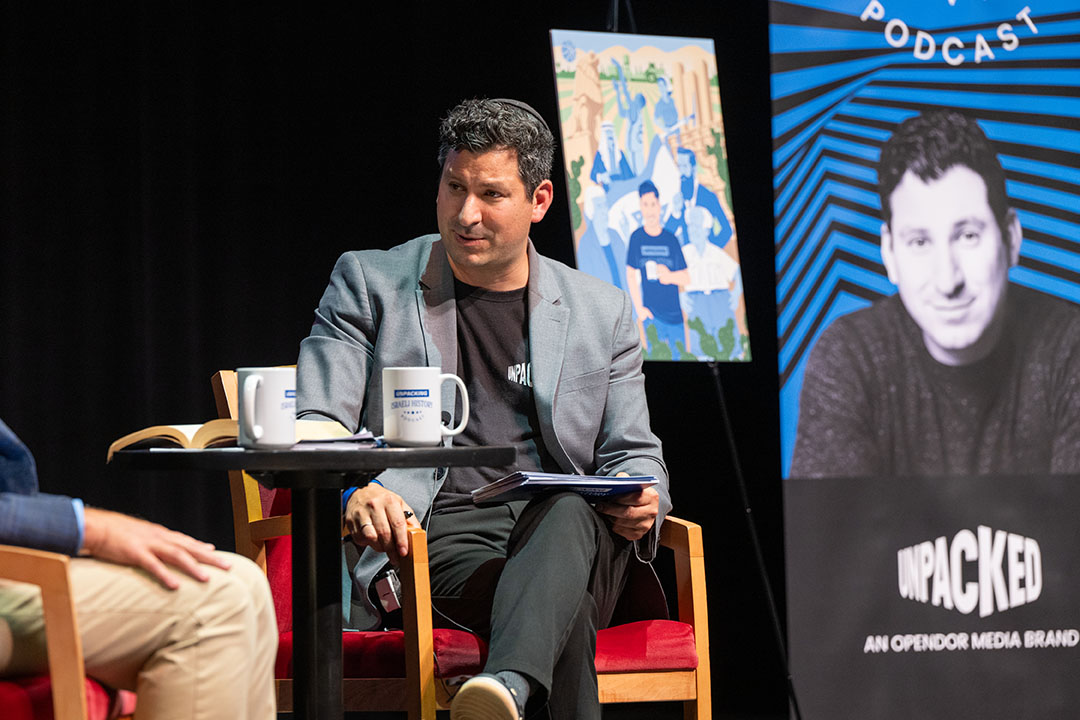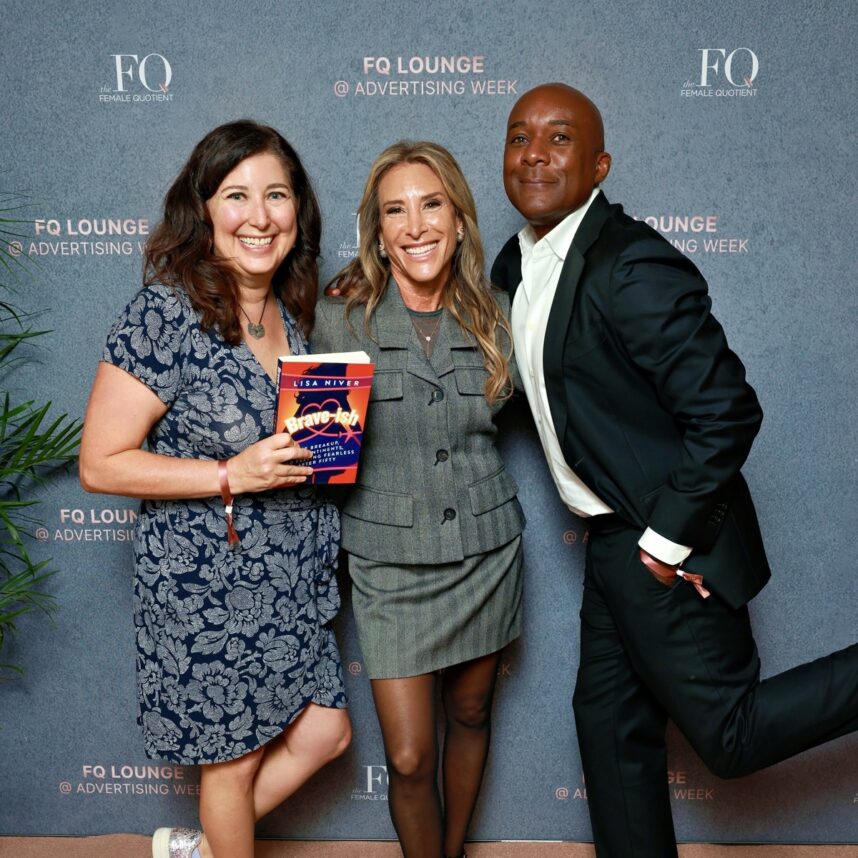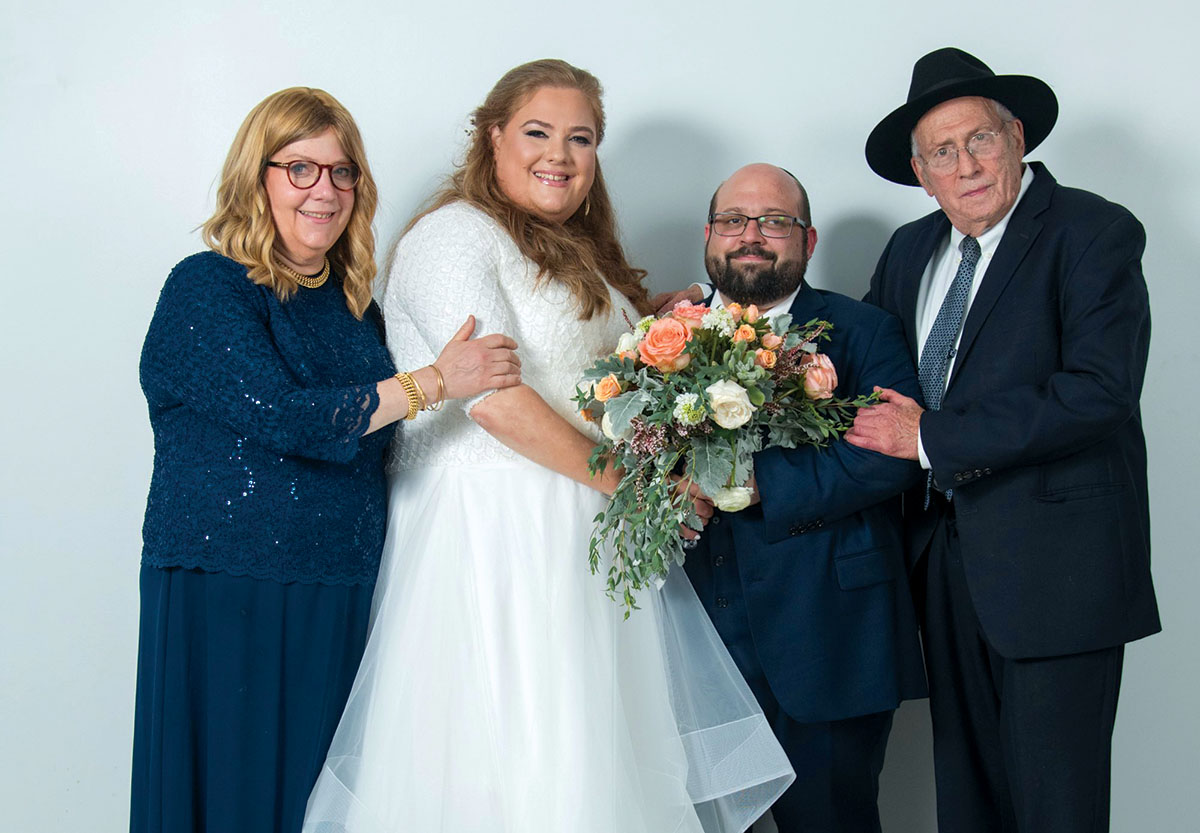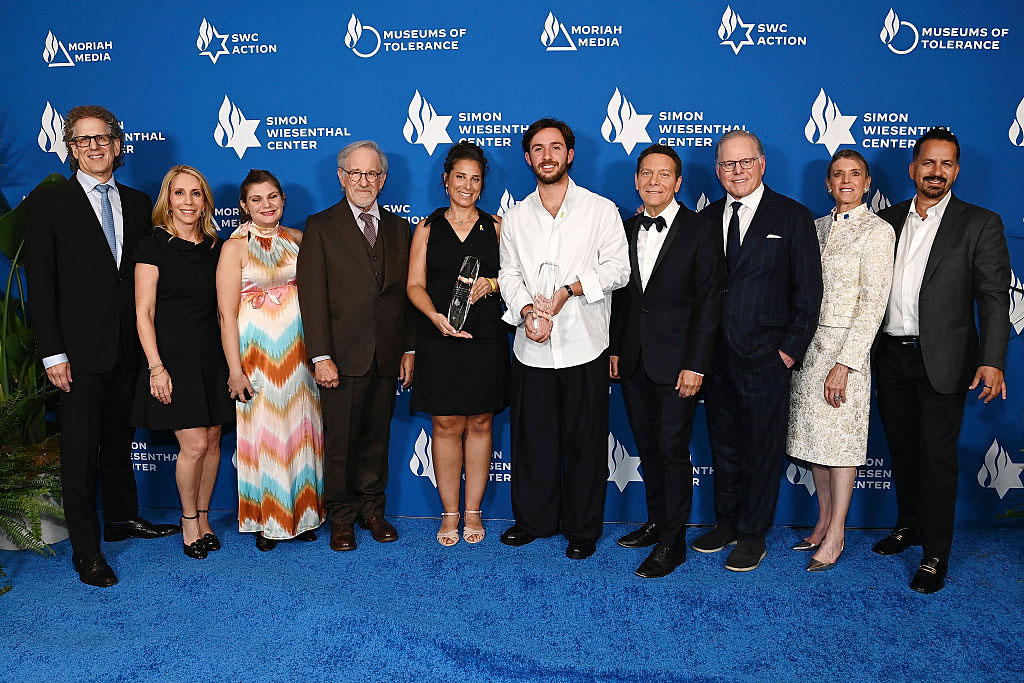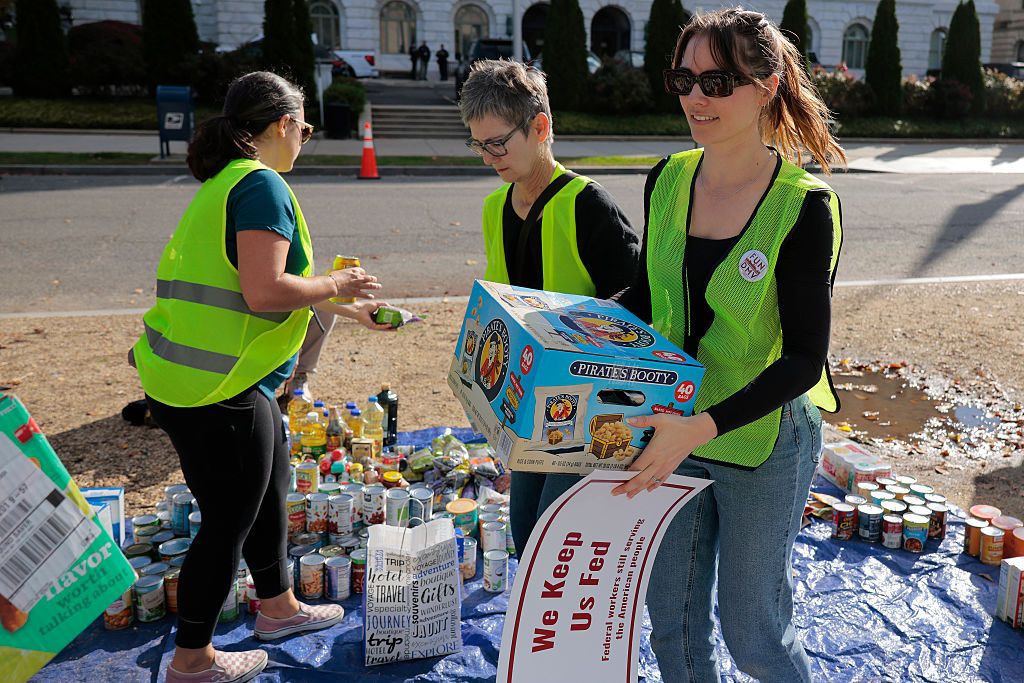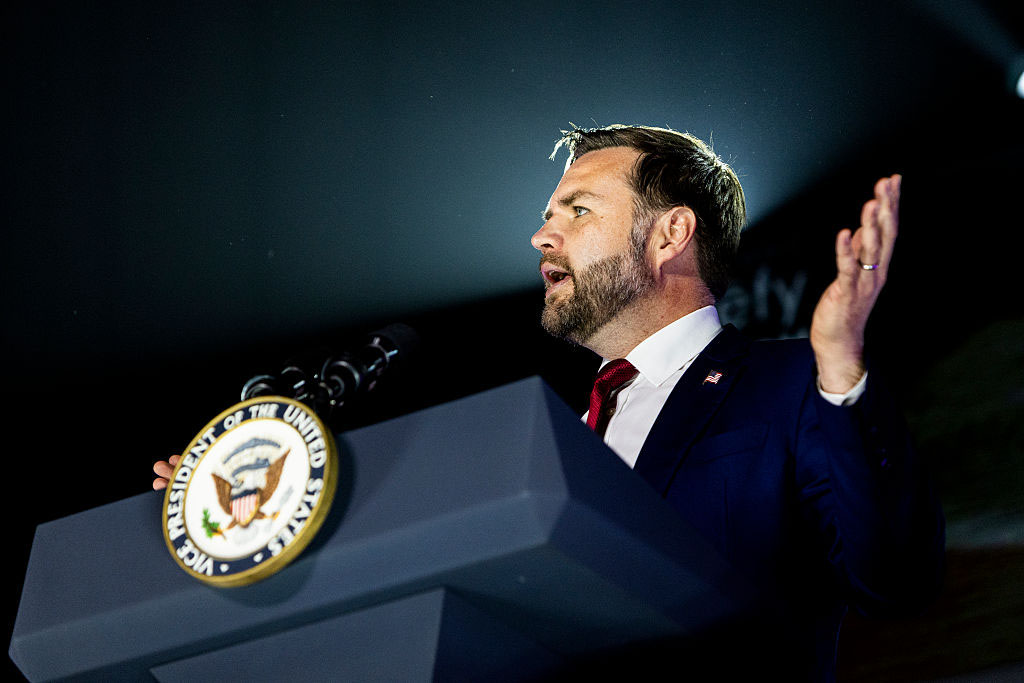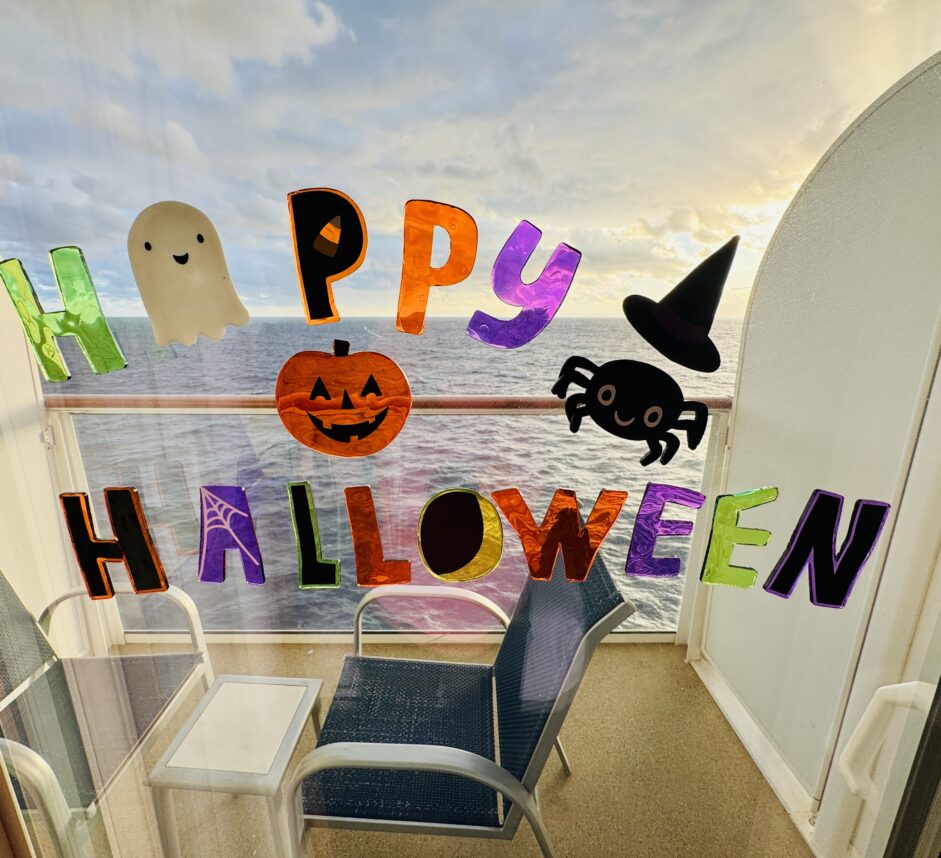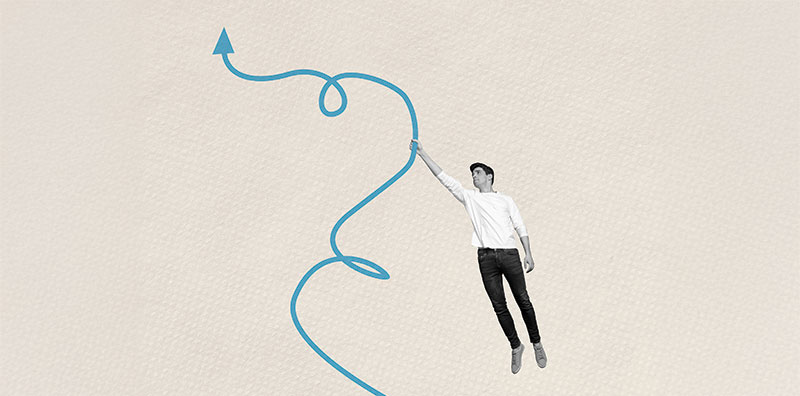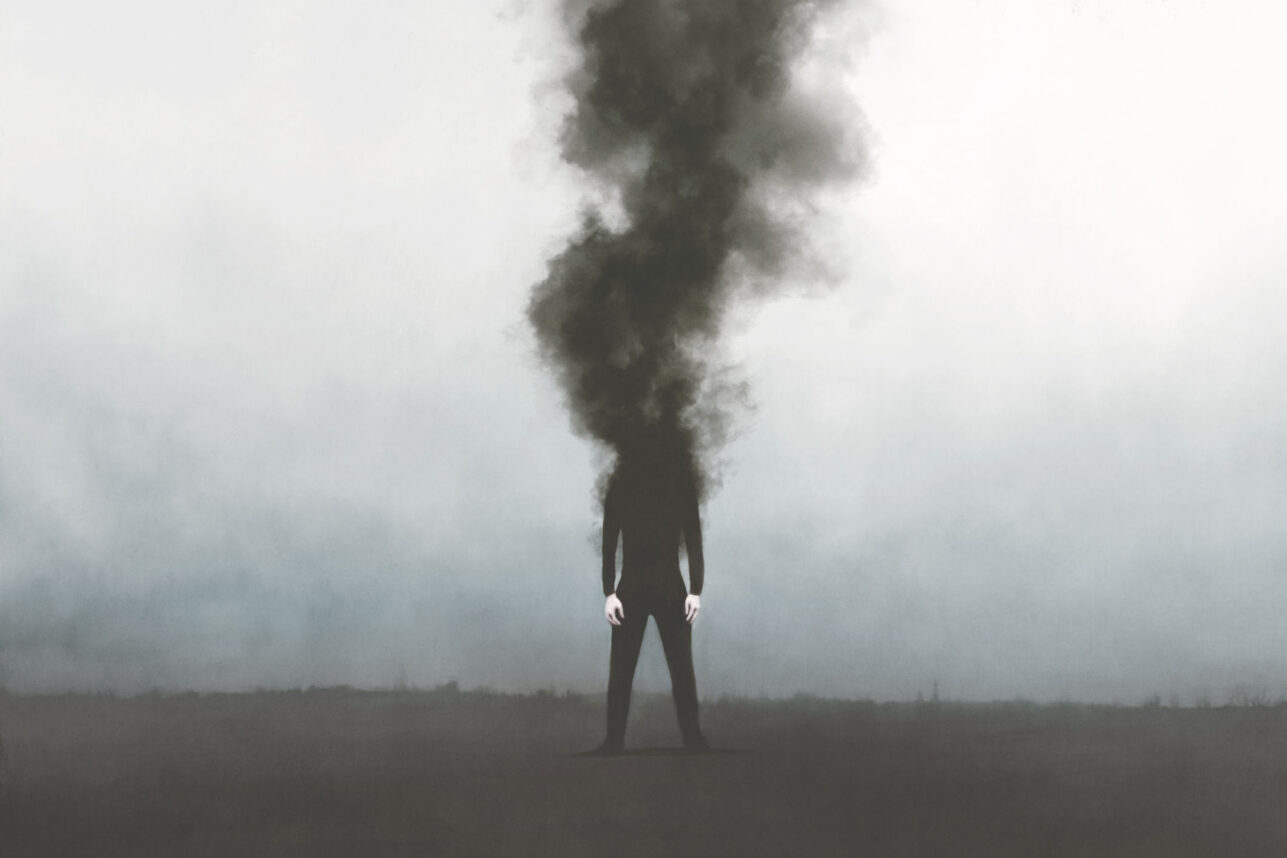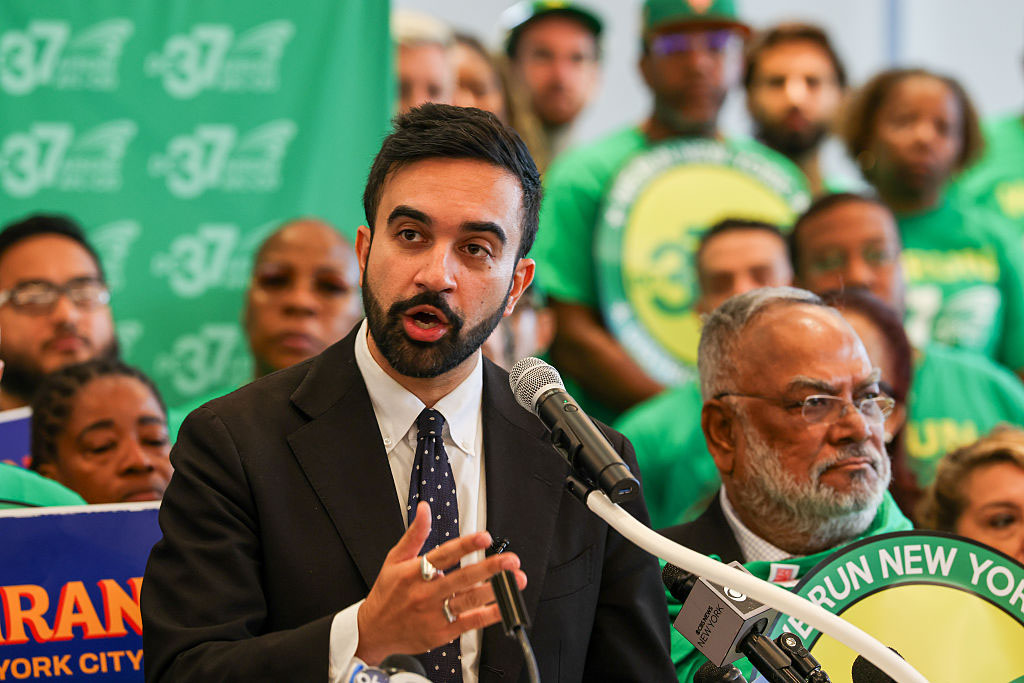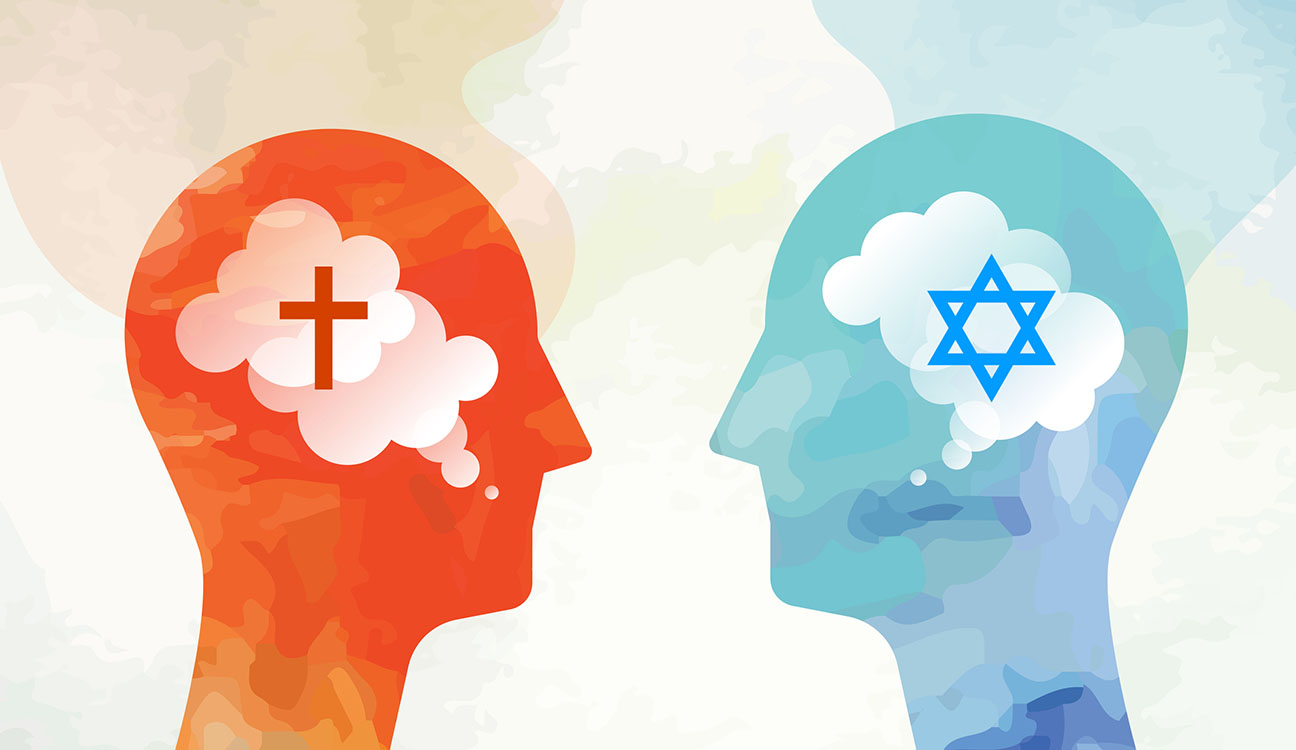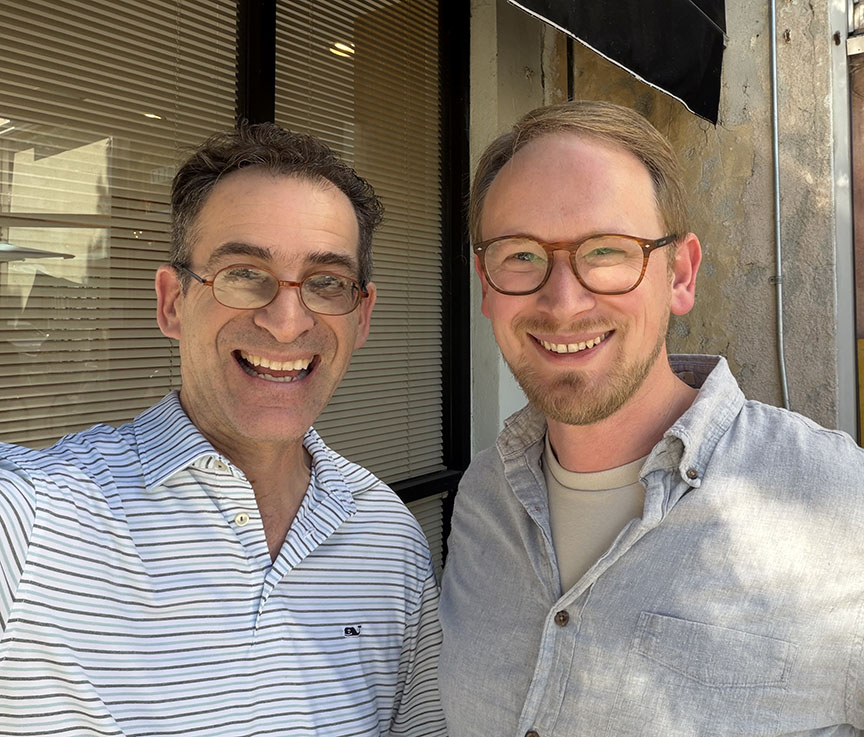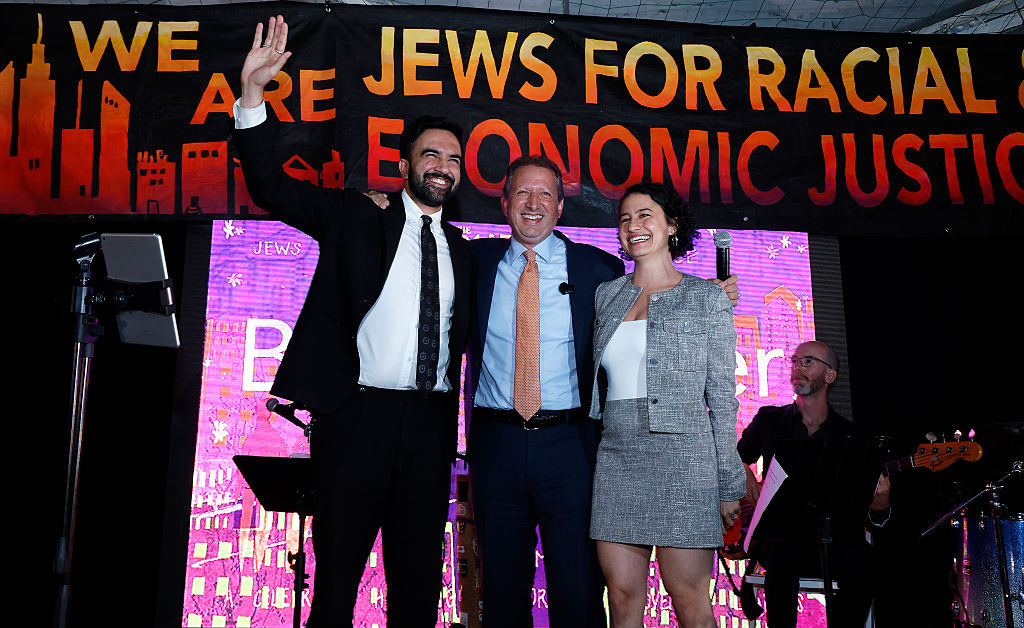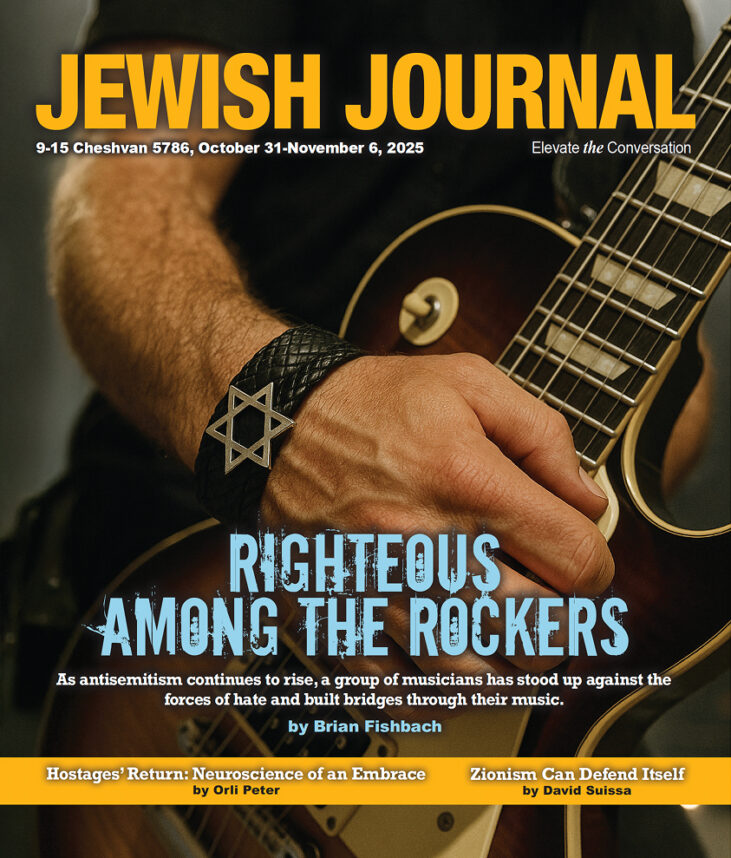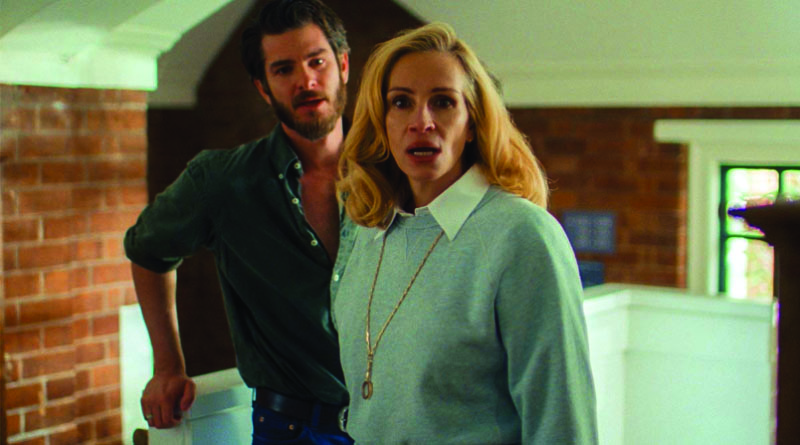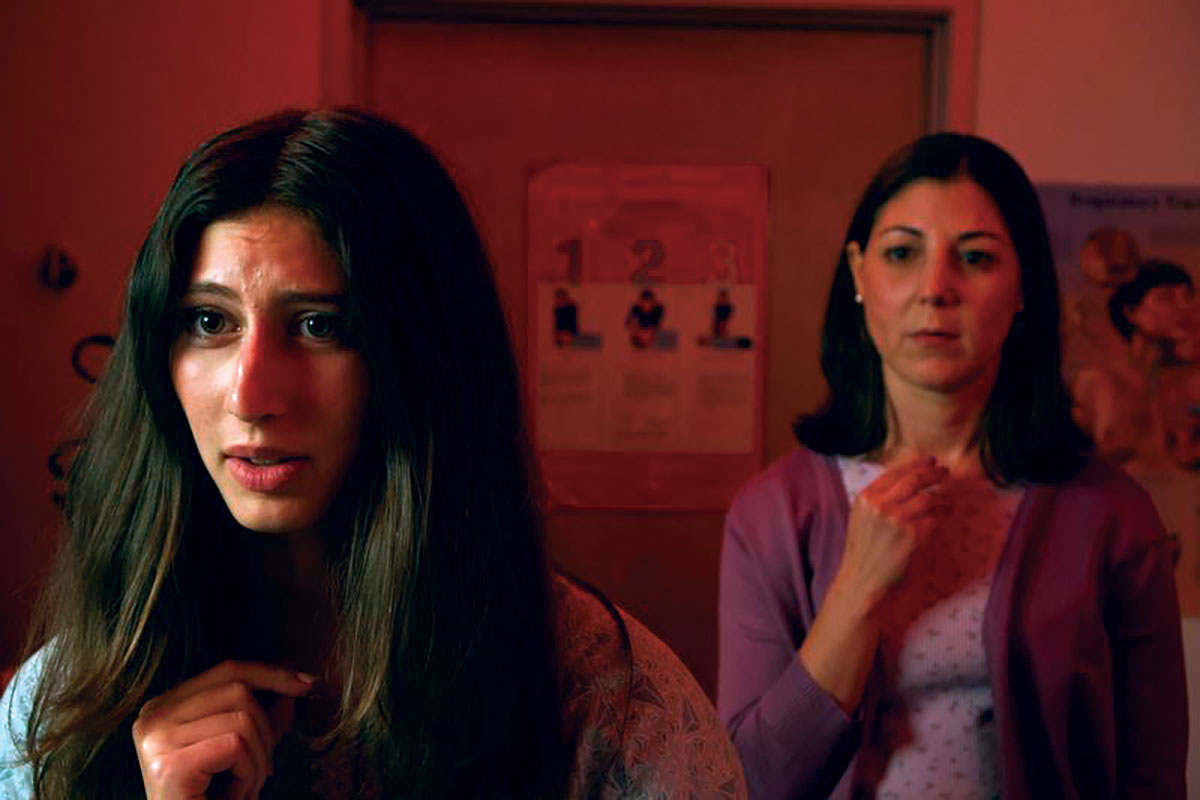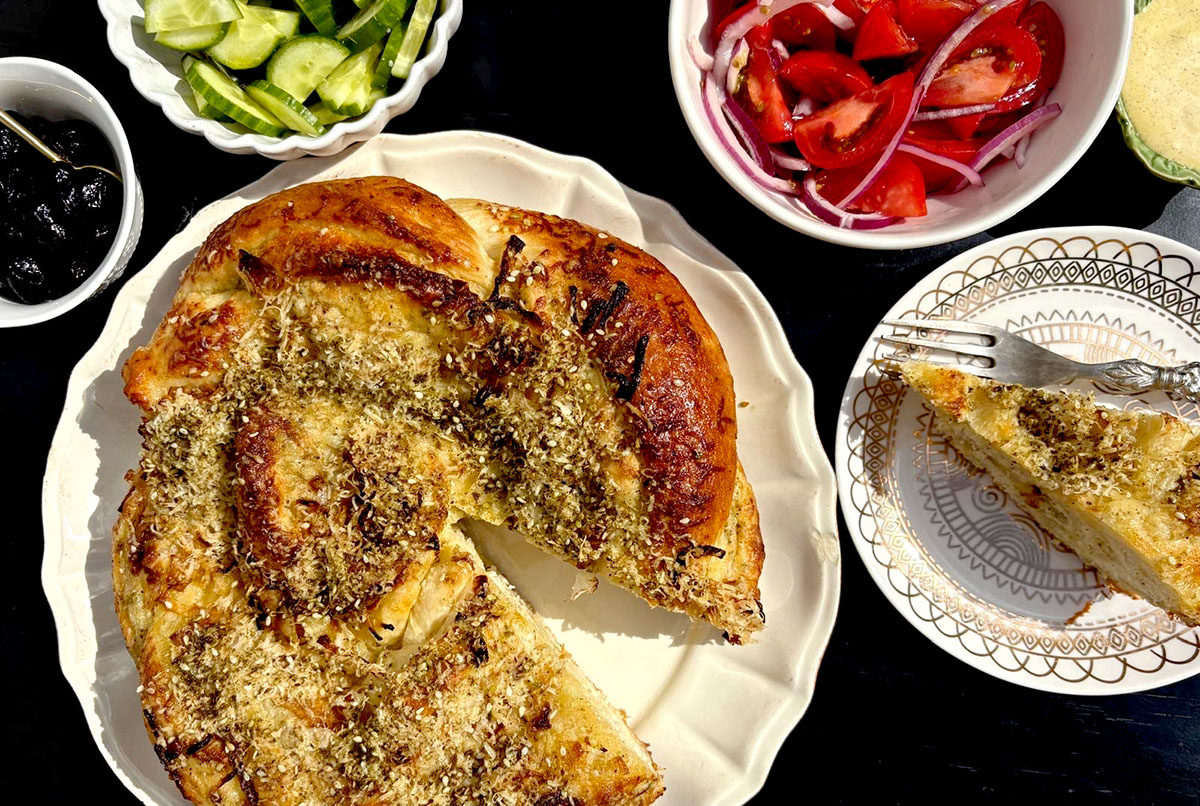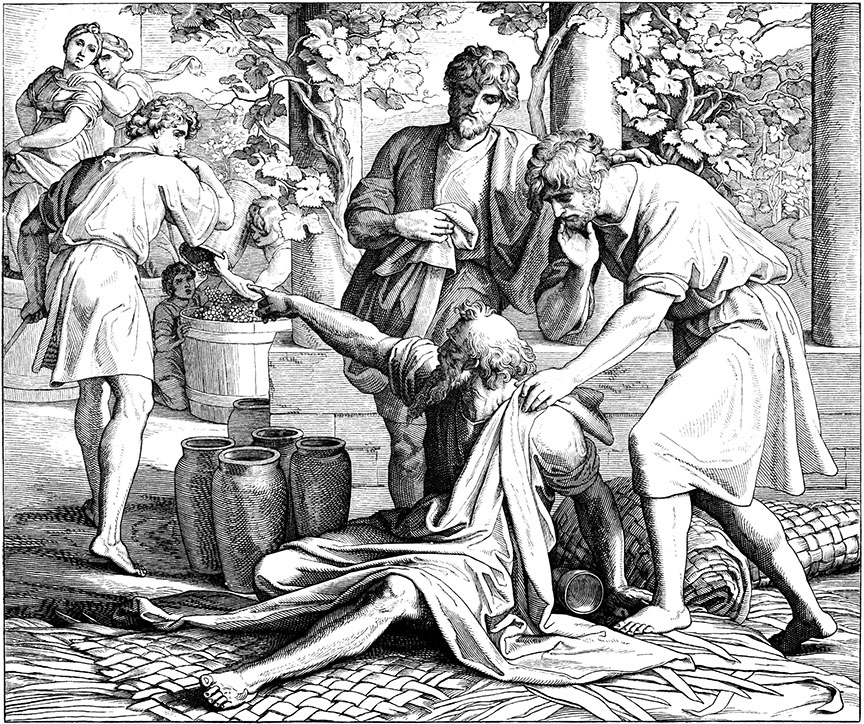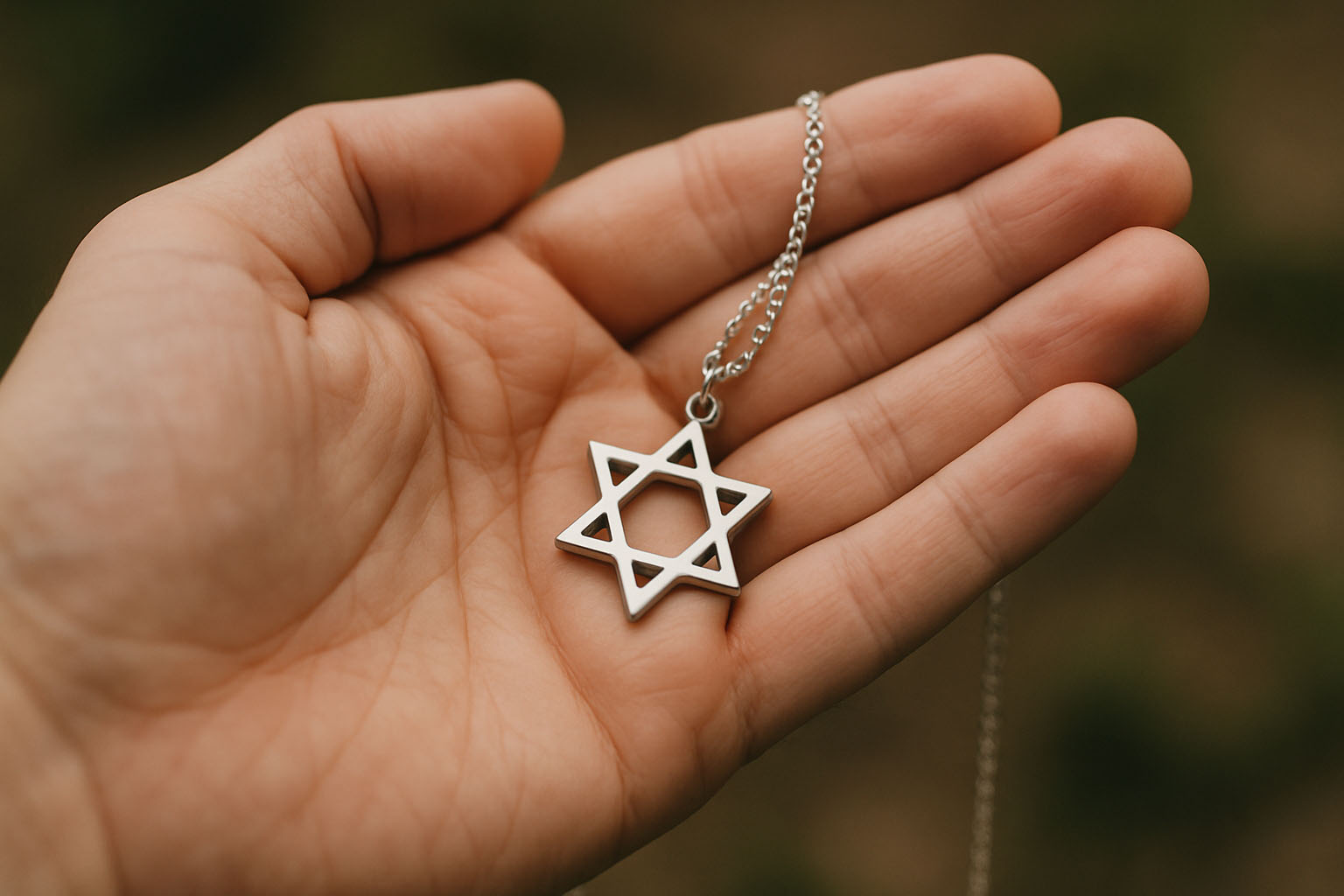
I told my kids many times when they were little and probably too young to understand, that as long as antisemitism was out of fashion, we would be safe.
The Jews of Germany who waited too long got stuck. Jews were so comfortable in Germany that many managed to close their eyes to the problems around them. By the time they couldn’t keep them closed any longer, it was too late. I didn’t want that to be us. But I wondered how we would know when it’s time to leave. What would my husband and I agree on as a red line that means it’s time to pack up?
After giving it some thought, we made a decision: If they burn down our synagogue, it’s time to go. That was in 2002.
Antisemitism is a fascinating phenomenon. It’s truly amazing how deep the hatred runs. Yet it reminds us of something important.
In the words of Alister Heath, editor of the Sunday Telegraph, “If Israel (the nation) is real, if this improbable, ancient, hated nation is somehow still chosen, protected and thriving, then maybe God isn’t a myth after all. Maybe He’s still in the story. Maybe history isn’t random, maybe evil doesn’t get the last word. Maybe the Jews are not just a people but a testimony. That’s what they can’t stand. Because once you admit that Israel’s survival isn’t just impressive, but Divine, everything changes. Your moral compass has to reset. Your assumptions about history, power and justice collapse. You realize you’re not watching the end of an empire. You’re witnessing the beginning of something eternal. So, they deny it. They smear it and rage against it. Because it’s easier to call a miracle cheating.”
As far back as the days of Joshua in the wilderness, whenever we forget who we are, our enemies remind us. And they don’t do it nicely. They do it with a burning desire to annihilate us.
Hitler couldn’t tolerate our existence because we were the moral conscience that he interpreted as a blight on society. He wanted us gone, in part, because we interfered with his plan. We don’t kill off the weak. We help them. We don’t dismiss those least likely to win, we support them. We choose morality over survival of the fittest, every time. That distinction won us the privilege of being shoved into ovens.
But no matter when, no matter where, and no matter how systemized the killing machine is, we have this annoying habit of surviving. And not just surviving, but rebuilding and thriving. It must be really irritating to be the people who try to get rid of us. But once we have reestablished ourselves, once our existence is no longer being threatened, we have a tendency to forget what we are here to do. We forget that we are supposed to bring light to the world—to spread blessing.
Instead, we assimilate. We take on the values of the lands in which we settle. We start by being a hybrid state member, equally committed to our original values and the values of our hosts. In America, for example, while still valuing education and social responsibility, we start to think that the point of education is not the primacy of ethics, but rather the acquisition of material wealth.
As time goes on, we become so convinced of the importance of our newfound values, that we subscribe to new systems of thought regarding what is good and right. We might even start to believe that “good” and “right” are social constructs rather than Divinely directed. Instead of seeking to be guided by the truth, we can start to focus on “my truth” and “your truth.”
We become so deeply absorbed into the broader society that we stop identifying as a community with our own sacred values. Maybe we fear being seen as outsiders—living quietly, even suspiciously, on someone else’s land. But we forget that we’ve always contributed—economically, ethically, professionally and socially—with a desire to coexist peacefully and enrich the places in which we live. Still, that must never come at the cost of erasing who we are. We bear the responsibility of balancing loyalty to our heritage with respect for our host nations, often helping shape what’s now called Judeo-Christian values. We are not here to cause division. We’re here to preserve our identity while building bridges with the wider society.
The irony is that it is at precisely the time when our assimilation rates are so high that we are barely discernible as a people when once again we hear “filthy Jew,” “go back to where you came from” and, more recently, “From the River to the Sea.” When a Jew forgets he’s a Jew, the world has a way of reminding him. And in that moment, he stands tall, unshakable, and unmistakably Jewish.
This isn’t coincidence. It’s how antisemitism operates. Antisemitism resists rational explanation because it isn’t just a social phenomenon—it’s a spiritual force. When not visible, it lies dormant. What awakens it isn’t external hatred alone, but also internal amnesia.
Like a car alarm triggered when the driver nods off, antisemitism flares up when Jews begin to forget who they are. It may be the non-Jew’s hatred that sets it off, but it’s Jewish self-denial that gives it even more fuel. And when that happens, antisemitism is not simply a force that threatens to destroy us; it’s also something that causes a jolt—to remind us who we are and to look at history. The pattern repeats itself. It’s undeniable.
What is our history in a nutshell? I am a proud Jew. I forget I am a Jew. I am hated for being a Jew. I become a proud Jew.
Once again, nations are calling for our destruction. Blood libels are back. Attacks, pogroms and massacres are all back. And suddenly, we’re back too. Unaffiliated Jews are suddenly rising, proud and strong. The more they try to erase us, the more clearly we remember who we are.
A friend once told me that in America, we were so surrounded by our own values, we didn’t feel the need to hold on to the Jewish ones. Being a good American felt close enough to being a good Jew. So we got lazy. And over time, we forgot what made us different.
But when we forget, we’re reminded.
Teach your children the Jewish way—not as a list of outdated rituals, but as a guiding ideal.
Teach your children the Jewish way—not as a list of outdated rituals, but as a guiding ideal.
Shabbat teaches us that time is sacred, and that mastering time is the highest form of freedom.
Kashrut distinguishes between milk and meat because milk is the life force and meat is a life extinguished and we don’t mix the two because of our reverence for life. Dress codes are about honoring our bodies and being defined by who we are internally, rather than externally. Justice, charity, kindness, caring for the sick and respecting the elderly are about partnering with God to make sure that the world is a good and just place.
Behind every commandment lies deep wisdom for living with clarity, dignity and purpose. Teach your children that being a proud Jew is not about leading a restricted life, but an empowered and moral life. We don’t have to search far to find meaning. It’s on our doorstep, under our noses, in our roots. It’s who we are. Choose whatever speaks to you. Make it alive, make it real.
In 2002, my husband and I decided that our red flag for antisemitism would be the burning down of our synagogue. In 2005, an antisemitic arsonist burned down our synagogue. In 2006 we moved our family to Israel. And every day we’ve lived in Israel has been a blessing.
Ilana Cowland, originally from the UK, is an international lecturer on Judaism and relationships and author of “The Moderately Anxious Everybody”.








